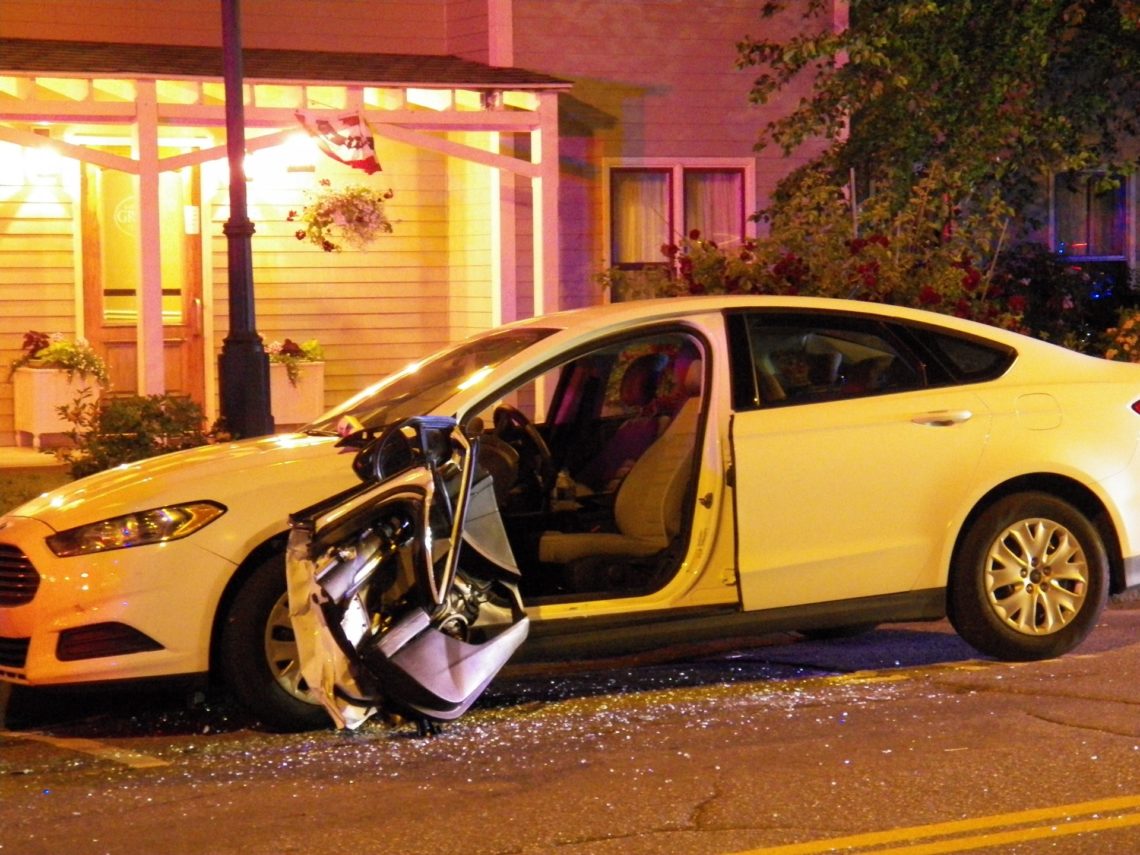Adam Patrick Browne’s life tragically ended on October 8, 2018. He was run over by a car driven by his former fiancée, Victoria Keaveny, after she consumed alcohol at a restaurant in Gastonia, North Carolina. Pursuant to a settlement filed under seal in Gaston County Superior Court, that restaurant will pay wrongful death proceeds to Browne’s estate for its role in the tragic incident, namely serving alcohol to Keaveny, who at the time was 19 years old. Although nothing could ever fully repair the harm of losing a loved one, wrongful death claims offer a potential civil remedy when the death is caused by the wrongful conduct of another party.
North Carolina’s Wrongful Death Statute
The applicable North Carolina statute is somewhat unique in its approach to a wrongful death action. It permits the decedent’s recovery of damages – such as pain and suffering and loss of income – as well as recovery of damages to the decedent’s beneficiaries resulting from the death – such as their pain and suffering and funeral expenses. Both types of damages are recoverable if the Plaintiff successfully proves its case.
Proving a Wrongful Death Claim
A wrongful death claim must be brought by the personal representative of the decedent (meaning the administrator of the decedent’s estate or the executor of the decedent’s will). The personal representative must show that the decedent’s death was “caused by a wrongful act, neglect, or default of another[.]” The other party’s negligence, which often serves as the underlying theory of liability, requires a duty of reasonable care to the decedent and, due to some action or inaction, breach of that duty, causing the decedent’s death.
Contributory Negligence as a Complete Defense
This may sound relatively simple, but North Carolina takes a very strict approach to negligence claims. North Carolina is one of few states that treats contributory negligence as a complete defense. Under this defense, if the Plaintiff was also negligent, and his or her negligence played any role in causing the Plaintiff’s injury, however minor, the Plaintiff is barred from recovering any damages. Conversely, comparative negligence, the approach taken by the vast majority of states, would merely reduce the Plaintiff’s recovery based on what percent a judge or jury finds Plaintiff’s negligence was responsible.
Adding a hypothetical fact to Browne’s case illustrates this distinction. If prior to the accident Browne turned left at an intersection without signaling, a comparative negligence state would likely reduce Browne’s personal representative’s recovery of damages to account for the level of fault associated with Browne’s failure to obey traffic laws. Conversely, the same facts in a contributory negligence state (such as North Carolina) would result in no recovery for the Plaintiff. Even though serving alcohol to an underage patron is objectively more wrongful than a driver failing to use a turn signal, any negligence by the Plaintiff means no recovery of damages – it is a complete defense. This defense is available to North Carolina defendants in any negligence claim, including wrongful death actions where the underlying theory of fault is negligence by the defendant.
If you have questions regarding a wrongful death action or other civil matter, please call us at (704) 457-1010 to schedule a consultation. For more information regarding our firm, attorneys, and practice areas, please visit https://lindleylawoffice.com/.





